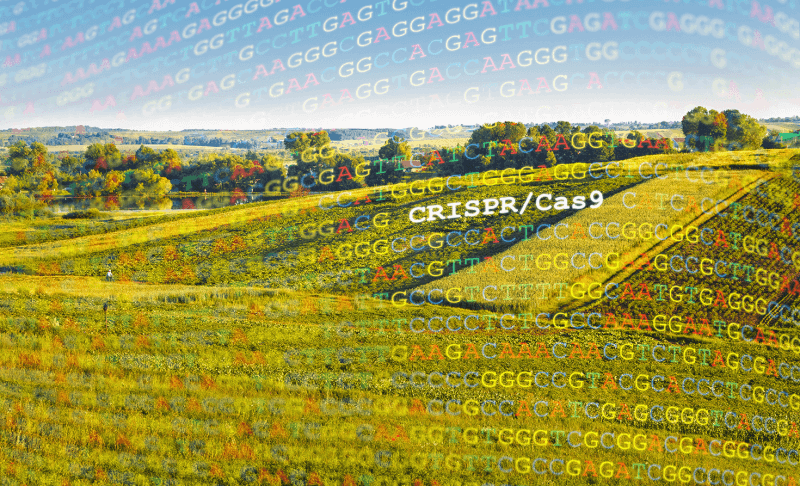For years, as director of the Swiss Research Institute for Organic Agriculture (FiBL), Urs Niggli fought against the genetic modification of crops. Today, he emphatically advocates the use of modern genetic engineering, in agroecology. … Niggli … is now founding president of the Germany-based Institute for Agroecology, while serving as a university professor in Germany and China.

‘I’ve come to realise organic agriculture will always be more or less a niche; globally, it’s now 2% on average, maybe it will become 10–15% with outliers like Austria where organic farming is practised on more than a quarter of the area. But that’s about it.
At the same time, a transformation is needed towards a way of farming that is ecologically and socially responsible while delivering high yields. In my view, that is agroecology. That transformation also includes research into new breeding techniques such as gene editing. This technique allows us to make crops resistant to diseases, pests and drought. It could replace mineral fertilisers because crops other than leguminous plants can also fix nitrogen. Much of it is still in the future, but new breeding techniques offer many prospects for agroecology.’
‘The scientific community, of which I am still part, is clear: modern breeding techniques are no more risky than any classical breeding method. I’ve been on European and Swiss committees where environmental groups were also represented. They have not been able to substantiate in any way their claim that these techniques are dangerous. That means they were either too lazy to find out, or they were unable to find anything to support their claim.’
…
Since there are no additional risks to new breeding techniques, do you think no additional rules are needed for the authorisation of genetically modified crops?
Niggli: ‘I agree, no additional rules are needed. It would be best to simply embed the authorisation of genetically edited crops into the existing rules for the introduction of new varieties.































